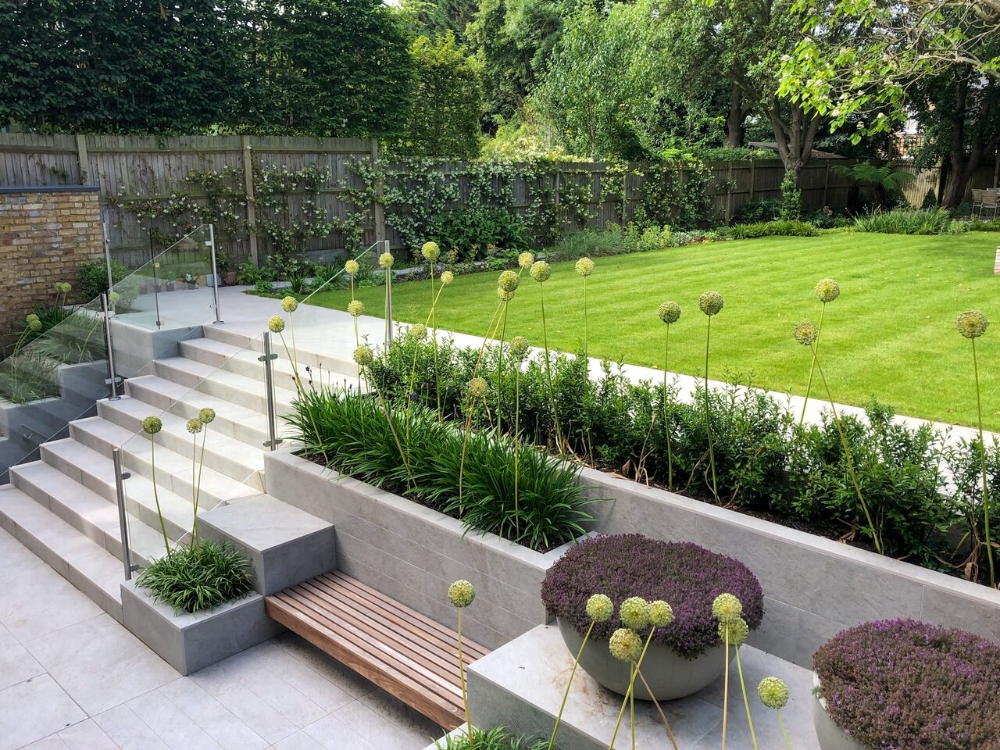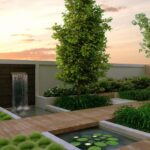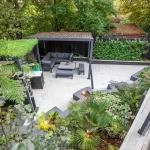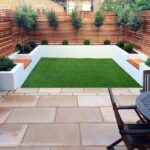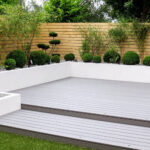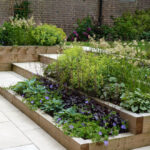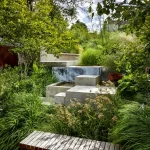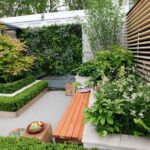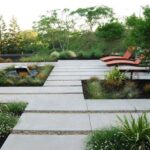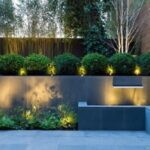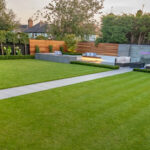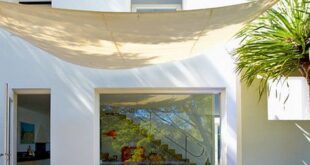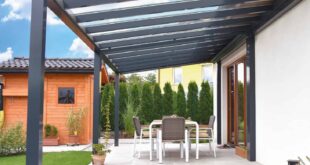Garden design has evolved over the years, with modern trends emphasizing sleek and minimalist design elements. One key aspect of modern garden design is the use of clean lines and geometric shapes. This approach creates a sense of order and simplicity in the garden, contributing to a contemporary and sophisticated look.
Another important element of modern garden design is the use of a limited color palette. Neutral tones such as white, gray, and black are often used to create a cohesive and elegant look. This minimalistic approach allows the natural beauty of the plants and materials to stand out, rather than being overshadowed by vibrant colors.
Incorporating technology into garden design is also a growing trend in modern landscaping. Automated irrigation systems, outdoor lighting, and smart garden tools can all enhance the functionality and convenience of a modern garden. These technological advancements not only make garden maintenance easier but also add a touch of innovation to the overall design.
Sustainability is a key consideration in modern garden design, with eco-friendly practices becoming increasingly popular. This includes using native plants, incorporating water-saving features such as rain gardens and permeable paving, and implementing energy-efficient lighting. By designing gardens with sustainability in mind, homeowners can reduce their environmental impact while creating a beautiful outdoor space.
Modern garden design often blurs the line between indoor and outdoor living spaces, creating a seamless transition between the two. This may involve using materials such as glass, metal, and wood to connect the interior of the home with the garden. Features like sliding glass doors, outdoor kitchens, and covered seating areas can help to create a functional and inviting outdoor living space.
Lastly, modern garden design embraces the concept of low-maintenance landscaping. By selecting plants that are well-suited to the local climate and require minimal care, homeowners can enjoy a beautiful garden without the need for constant maintenance. This approach allows for a more relaxed and enjoyable outdoor experience, where homeowners can spend more time simply enjoying their garden rather than working on it.
